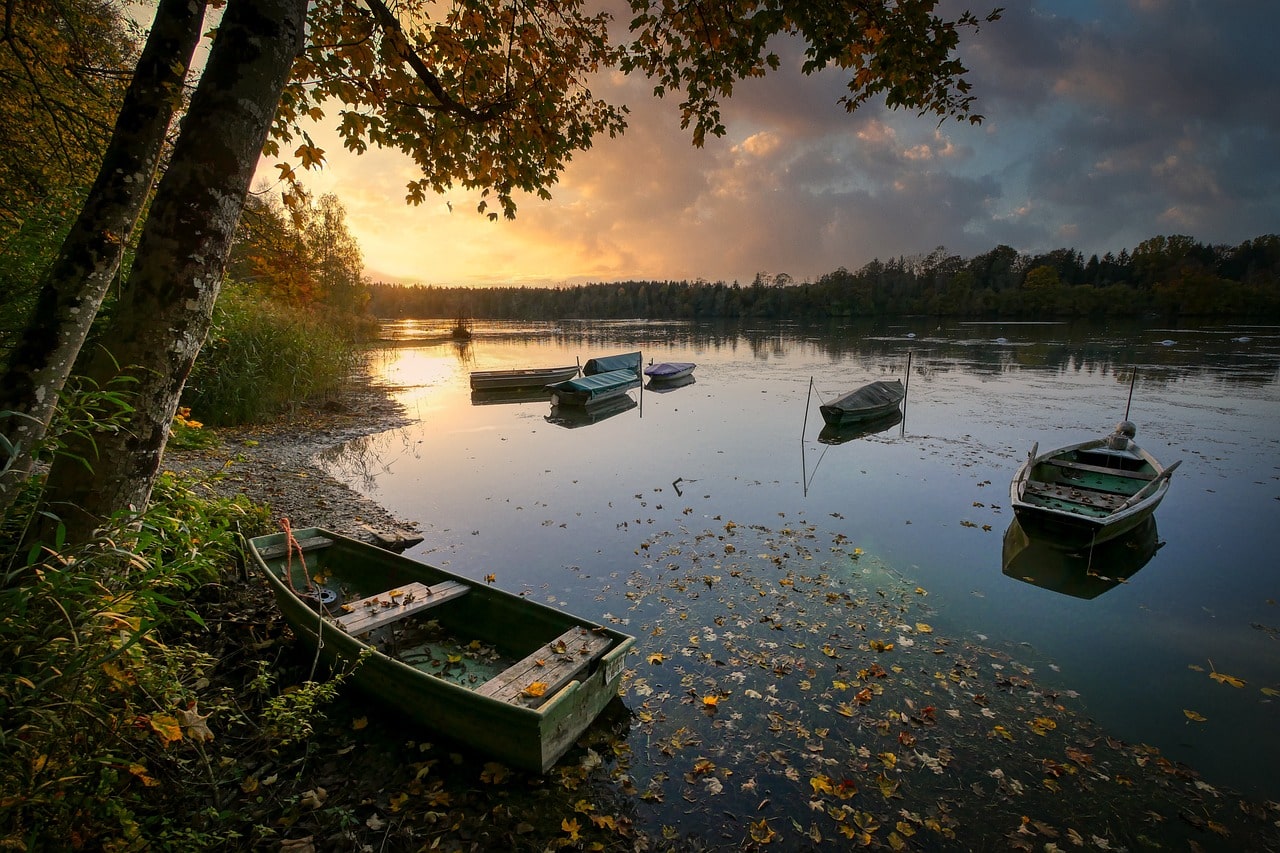Lake Kashiba, located southwest of Luanshya in Zambia, near Mpongwe and St. Anthony’sAnthony’s Mission, is a geological marvel known for its unique hydrography and deep, clear waters. Often referred to as “The Sunken Lakes,” these formations result from limestone dissolution, which led to caves that eventually collapsed, forming deep, water-filled holes. Among these, Lake Kashiba stands out, measuring approximately 3.5 hectares (8.6 acres) in area. Despite numerous attempts, the exact depth of the lake remains unknown, adding to its enigmatic allure. The water level is about 10 meters (33 feet) below the surrounding forest, offering a strikingly clear view of the aquatic life within, predominantly bream and some carp.
Lake ‘slake’s formation is attributed to the karst landscape, where water gradually dissolves limestone rock, leading to underground voids and caverns. Over time, these caverns collapse, creating the deep, water-filled depressions known as sunken lakes. Lake Kashiba is a prime example of this natural process. Its water is remarkably clear, providing an unobstructed view of the fish swimming below, a feature that attracts both locals and tourists.
Lake Kashiba is steeped in local folklore and legends that enhance its mystique. According to one legend, fish caught from Kashiba cannot be cooked, regardless of the time spent trying. Another legend speaks of a monstrous entity called “Ichitapa” or “Isoka lulu” that dwells in the lake. It is said that if a person stands on the rocks at the lake’s edge with their shadow over the water, the monster will emerge, capture the shadow, and paralyze the individual, causing them to fall into the lake.
One of the most famous legends involves the early history of the Lamba people. It narrates the tale of Kabunda, the son of Chief Chipimpi, who set off a chain of events that resulted in a mass suicide at Lake Kashiba by demanding a man’s blood to wipe away the muck. The victims tied themselves together and threw themselves into the lake, but one member of the Leopard Clan cut the rope at the last moment, saving his wife and ensuring the continuation of their lineage.
Beyond its cultural and geological significance, Lake Kashiba offers a serene environment for various recreational activities. Swimming is recommended in the lake because of its crystal-clear blue waters; however, vigilance is urged because of local stories and the lake’s unknown depth. The surrounding forest and the lake provide habitats for various wildlife, making it a fascinating spot for nature enthusiasts and researchers.
Lake Kashiba remains a hidden gem, combining natural beauty with rich cultural history, making it a must-visit destination in Zambia.

